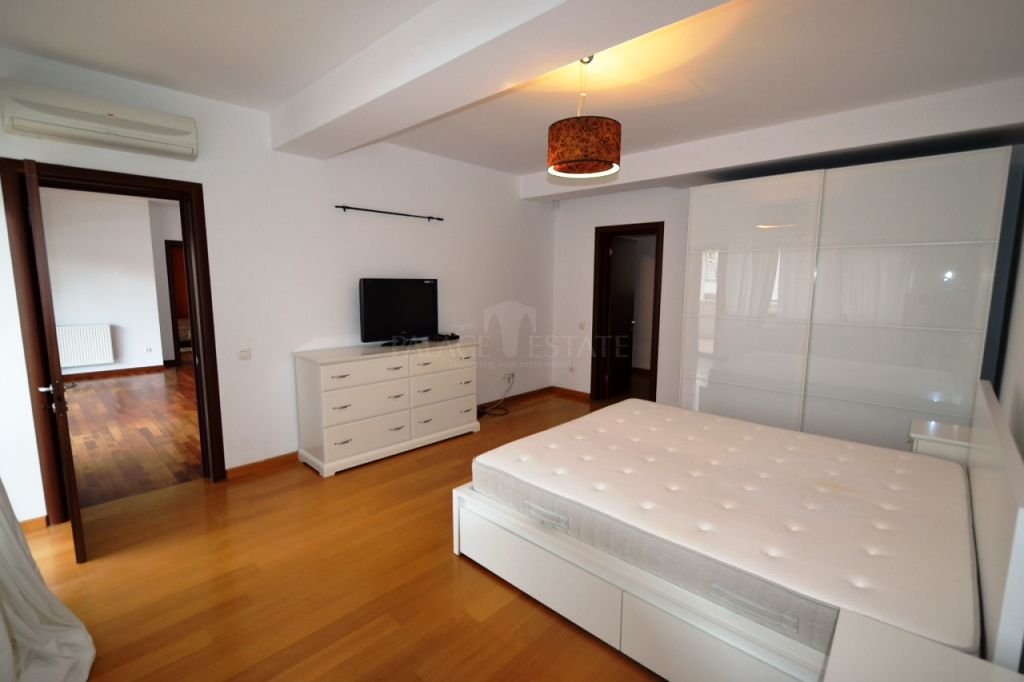Over 40% of the people relocated to Romania for a short or medium period of time used the services provided by relocation companies.
In doing so, they wanted to bypass all the lengthy bureaucratic process. According to the information provided by Palace Estate, real estate company that specializes in relocation, more than 13,000 expats are currently living in Romania.
People moving to Romania are unpleasantly surprised by the number of forms they need to obtain from various state institutions, as well as by the numerous visits they must pay the aforementioned institutions, in order to acquire the forms.
Expats who have already relocated to Romania also complain about having to wait in endless queues, being sent from one window to another and the attitude of the clerks.
For instance, a person coming from a EU, European Economic Area or Swiss Confederation country needs the certificate of residence.
The document will be issued by the General Inspectorate for Immigration Romania (GII) after the expat puts together a file, made up of 5 different documents.
First, an expat must have a facultative health insurance. The insurance can be obtained at the National Health Insurance House of Romania (CNAS), the Health Insurance House for Defense, Public Order, National Security and Judicial Authority (OPSNAJ) or the Health Insurance House for the Ministry of Transport, Constructions and Tourism (CASMTCT).
The insurance is only valid during the month it is issued in. For example, an insurance issued on the 29th will only be valid for one or two more days. If the file is not placed with the GII before the end of the month, a new insurance is needed.
Secondly, the relocation file must include a copy of the expat’s passport and two more documents that prove he hadn’t made any profit in our country, prior to his obtaining the residence certificate.
The two documents are issued by the National Trade Register Office (ONRC) and the National Agency for Fiscal Administration (ANAF). Alternatively, these documents can be replaced by a notarized statutory declaration.
If the person relocating is not from a EU, European Economic Area or Swiss Confederation country, an additional document is required, specifically, a work permit, also issued by the GII.
The permit is valid for one year, can only be released if required by the employer and solely for the position the expat will occupy.
If, during that year, he changes employers or moves into a new position within the same company, a new permit is necessary. In addition, the expat must prove the position he wants can’t be occupied by a Romanian or EU citizen.
“When a multinational company needs to relocate an employee, the person responsible with putting together the relocation file can spend up to a week trying to obtain the certificate of residence.
For a foreigner, moving here on his own, that period can even double. In order to fasten the process, most companies outsource everything that has to do with interacting with Romanian state institutions to relocation companies. A company that specializes in relocation will deal with all the paperwork much quicker”.
Yaniv Dahan, CEO and Founder of the Palace Estate relocation company, has stated.


